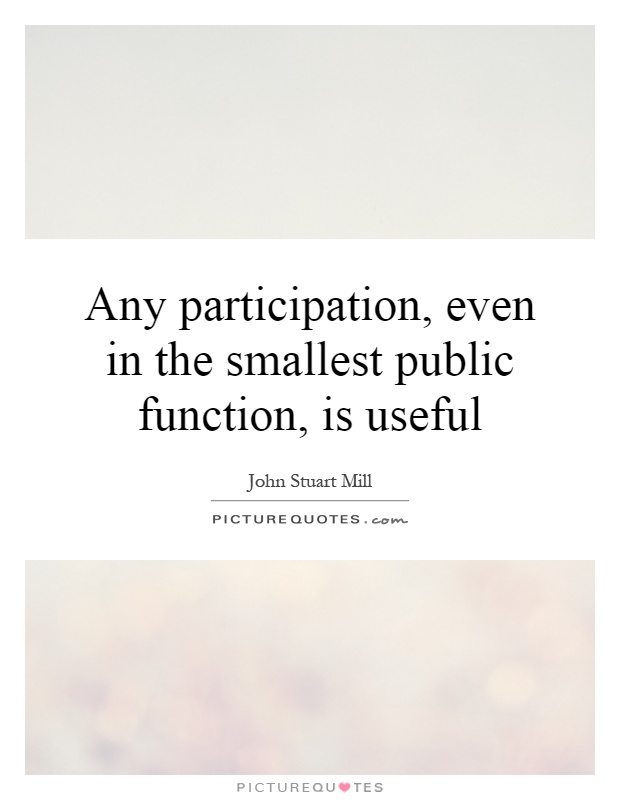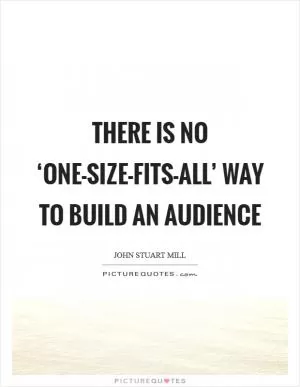Any participation, even in the smallest public function, is useful

Any participation, even in the smallest public function, is useful
John Stuart Mill, a prominent philosopher and political economist of the 19th century, believed in the importance of individual participation in public functions. He argued that any form of participation, no matter how small, can have a positive impact on society as a whole. This belief is rooted in his utilitarian philosophy, which emphasizes the greatest good for the greatest number of people.Mill believed that individuals have a moral obligation to contribute to the betterment of society through their actions. He argued that even the smallest acts of participation, such as attending a public meeting or signing a petition, can help to shape public opinion and influence decision-making processes. By actively engaging in public functions, individuals can contribute to the democratic process and ensure that their voices are heard.
Furthermore, Mill believed that participation in public functions can help to cultivate a sense of civic duty and responsibility among citizens. By taking an active role in public affairs, individuals can develop a greater understanding of the issues facing their community and work towards finding solutions. This sense of civic engagement can lead to a more informed and empowered citizenry, which is essential for a functioning democracy.












 Friendship Quotes
Friendship Quotes Love Quotes
Love Quotes Life Quotes
Life Quotes Funny Quotes
Funny Quotes Motivational Quotes
Motivational Quotes Inspirational Quotes
Inspirational Quotes